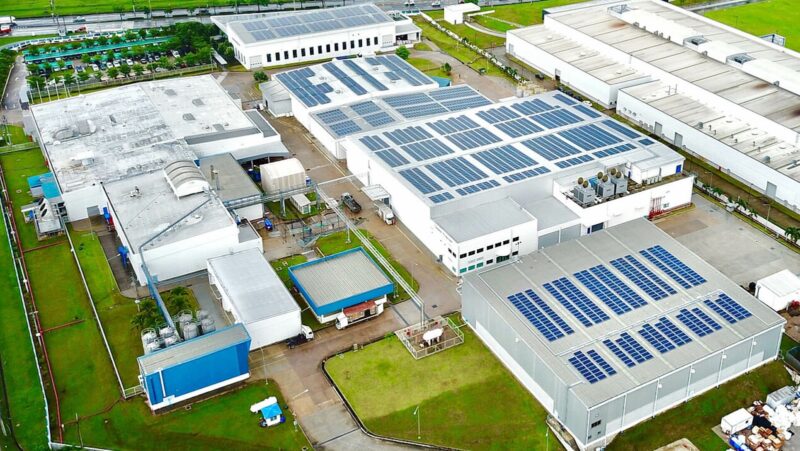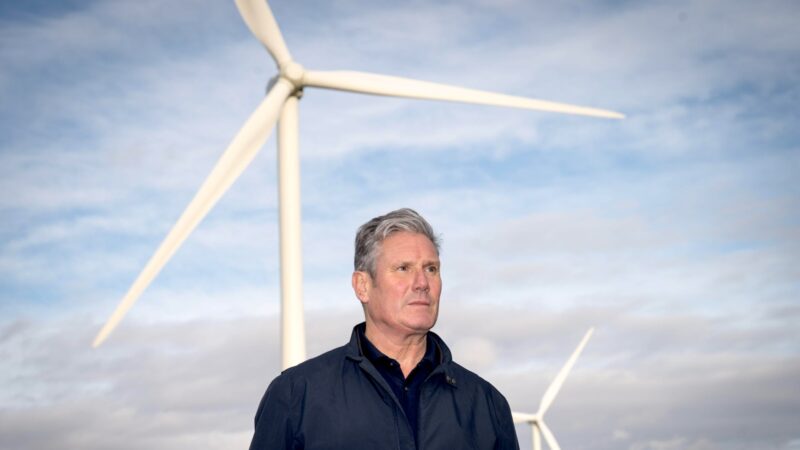Uppväxlingen från kol, olja och gas till fri energi har fem huvudkomponenter.
- Uppväxlingen är en teknologisk revolution
- Revolutionen är exponentiell, inte linjär
- Revolutionen leds av Kina
- Tjugotalet är förändringens årtionde
- 2030 har vi en helt annan debatt
Uppväxlingen är en teknologisk revolution
The energy transition is a shift from a concentrated, expensive, polluting commodity-based system with no learning curve, to an efficient, manufactured, technology-driven system that offers continuously falling costs and is available everywhere. It is moving from heavy, fiery molecules to light, obedient electrons; from hunting fossil fuels to farming the sun.
RMI: The Energy Transition in Five Charts and Not Too Many Numbers

Revolutionen är exponentiell, inte linjär
The growth of the key new energy technologies is exponential. It has been in the past, and it will continue to be for the foreseeable future.
RMI: The Energy Transition in Five Charts and Not Too Many Numbers

Revolutionen leds av Kina
Kina har tagit ledarrollen i denna utveckling och tvingat USA, EU och Indien att satsa stort för att inte stå lottlösa när den största marknaden i världen tar form.
Tjugotalet är förändringens årtionde

RMI: The Energy Transition in Five Charts and Not Too Many Numbers
The 2020s are the disruption decade, where renewable technology sales race up the S-curve. If the energy transition were a novel, this decade would be its climax.
2030 har vi en helt annan debatt
Inom ett par år har fossila bränslen hamnat i skuggan av den fria energirevolutionen. Debatten kommer inte längre handla om utsläppen från kol, olja och gas utan om hur vi använder de nya energiteknologierna och hur vi kan utveckla dem.





